A history of beards in the workplace
- Published
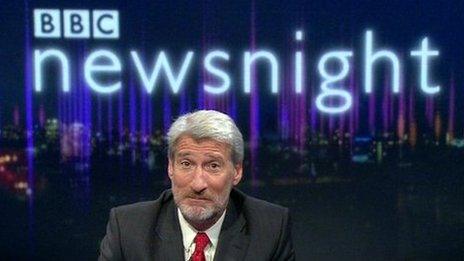
BBC presenter Jeremy Paxman has prompted much debate on social media with his recent decision to dodge the shaving kit. But why do people feel so strongly about beards?
"Facial hair for the past century has been thought to reflect a suspicious streak of individuality and defiance," says Christopher Oldstone-Moore, a history lecturer at Ohio's Wright State University.
The author of The Beard Movement in Victorian Britain argues that shaving has been "the norm" since the 17th Century.
In some jobs, employees are required to keep their faces bristle-free for practical reasons - firemen's beards, for instance, might be in danger of breaking the seal on their oxygen masks.
More commonly, though, opposition to beards is a complex social and psychological phenomenon.
"Politicians, public servants and businessmen - and apparently journalists - risk their reputations if they abandon the razor," says Oldstone-Moore.
"Thomas Dewey, candidate for US president in 1944 and 1948 constantly fended off criticism of his moustache, and no candidate for high office had dared facial hair since then."
Beard-wearers who choose not to shave for religious, aesthetic or medical reasons have done battle with their disapproving employers in the courts multiple times over the years.
"There's a long history in our civilisation of anxiety about facial hair, and hair in general, as being unhygienic: hairs will fall into the chocolate and soil the food," says Oldstone-Moore.
Even in the case of firemen, the waters are muddy. "The mask argument is in part a tool to be used for a larger argument, which is it's just not uniform, it's not respectable, it's not proper, for disciplined professional men to have facial hair. That's the bottom line."
Nonetheless, US courts have ruled in favour of fire departments attempting to ban beards on their employees.
A 1976 US Supreme Court decision upheld a New York police department's imposition of "pretty strict hair rules, including a ban on beards and limits on moustaches", Oldstone-Moore adds.
In the legal profession too, Oldstone-Moore attests. "You can see, going centuries back, a strong disposition against facial hair," he says, with the integrity of bearded lawyers being openly called into question.
At the pinnacle of British politics, moustaches - with their military associations - remained acceptable until Harold Macmillan's day, but "beards have been verboten in the 20th century".
Conservative PM Margaret Thatcher reportedly said that she "wouldn't tolerate any minister of mine wearing a beard", and senior Labour MPs Stephen Byers, Alastair Darling, Peter Mandelson and Geoff Hoon were all shorn of their facial hair at the dawn of the new Labour era.
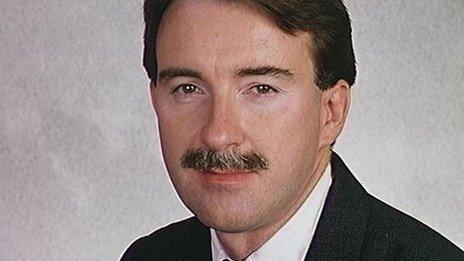
Hartlepool MP Peter Mandelson
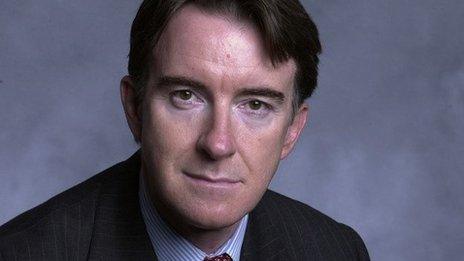
Northern Ireland Secretary Peter Mandelson
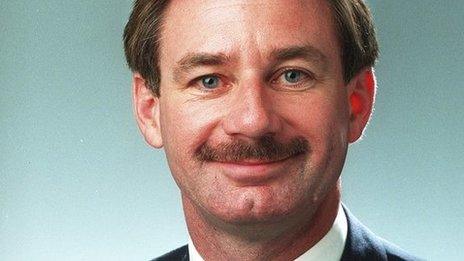
MP for Ashfield Geoff Hoon
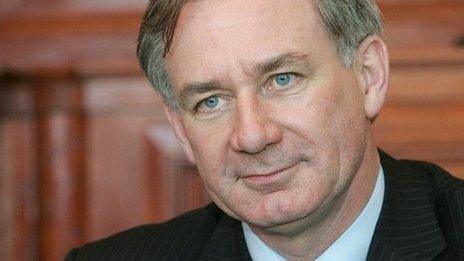
Europe Minister Geoff Hoon
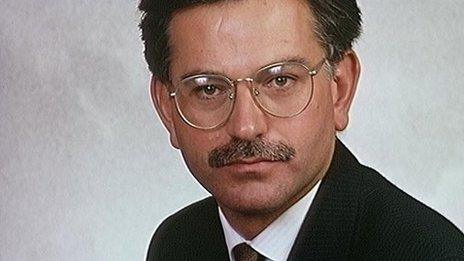
MP for Tyneside North Stephen Byers
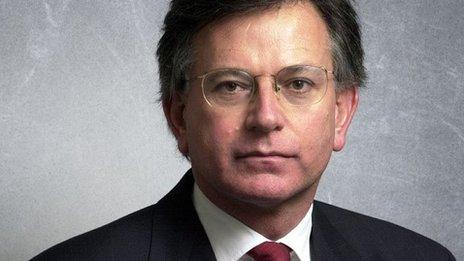
Secretary of State for Trade and Industry Stephen Byers
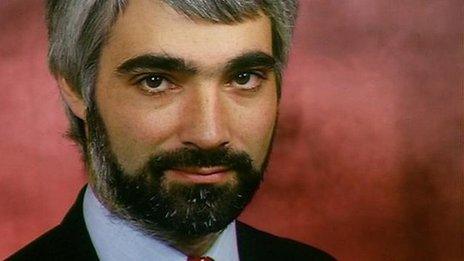
Edinburgh Central MP Alistair Darling
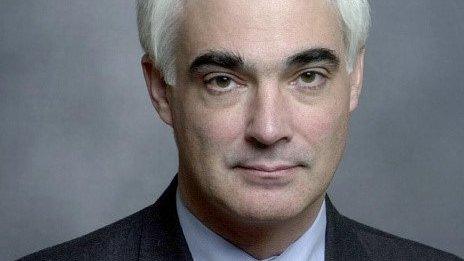
Secretary of State for Social Security Alistair Darling
After Labour pollster Phillip Gould discovered that voters find facial hair a turn off in 2000, he advised Labour's London mayoral candidate Frank Dobson to shave too.
The former secretary of state for health claimed to have replied, external: "Get stuffed." He never again served in high office, although bearded ministers David Blunkett and Robin Cook slipped through the net.
The newly-bearded BBC presenter Jeremy Paxman said he had experienced pogonophobia, or an irrational fear of beards.
His colleague Michael Buerk relates in his memoirs that he once returned from holiday with a full beard, of which he was "tremendously proud", but was strongly encouraged by his editor to lop it off for fear of distracting viewers. "I gave in, reasonably gracefully," he recalled.
"Unless you're lucky enough to be Uncle Albert on Only Fools and Horses, Demis Roussos or Abu Hamza, the BBC is generally as pogonophobic as the late-lamented Albanian dictator, Enver Hoxha [who outlawed beards in the 1970s]," Paxman has said.
The Beard Liberation Front, which describes itself as an informal network of beard-wearers, has demanded action.
It urged BBC bosses to "carry out a beard audit of BBC staff to make sure that there are no areas where beards are entirely absent without good reason".
"Beard awareness seminars", and new "guidelines about the use of pogonophobic language" were also needed, it added.
But Oldstone-Moore claims the notion that men are free to choose their facial stylings is a "fallacy".
He concludes: "It is commonplace in the American and European press during the last 40 years to say that we are living in a time when people are free to adopt any facial hair they wish.
"Sure, if you can withstand constant inquisitions and ridicule."
You can follow the Magazine on Twitter, external and on Facebook, external
- Published13 August 2013